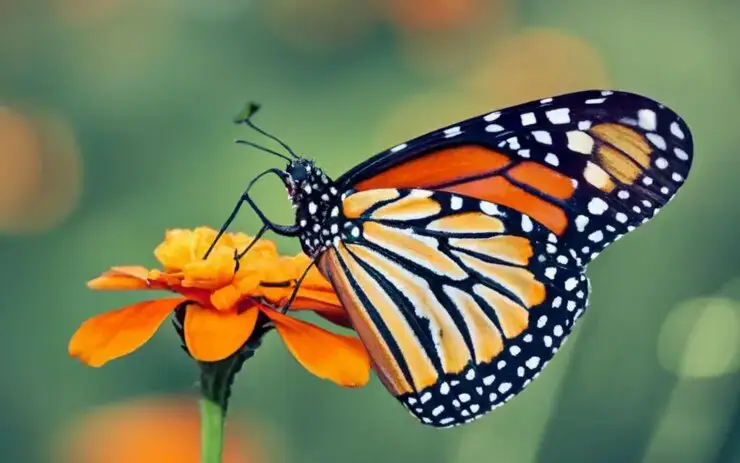Throughout their lives, monarch butterflies play a crucial role within the ecosystem. As herbivores, they feed on milkweed plants during the initial stage of their life, and as important pollinators, they feed on flower nectar during their adult stage. During their migration, they promote the genetic diversity of flowering plants and contribute to human food security throughout North America by transporting pollen attached to their bodies.
Milkweed plants are essential to monarch butterflies, as they serve as the site for laying their eggs during the breeding season. In total, each female lays up to 400 eggs, which hatch after eight days into caterpillars with distinctive black, white, and yellow stripes. The caterpillars consume milkweed leaves and undergo metamorphosis, emerging as adult butterflies after two weeks.








